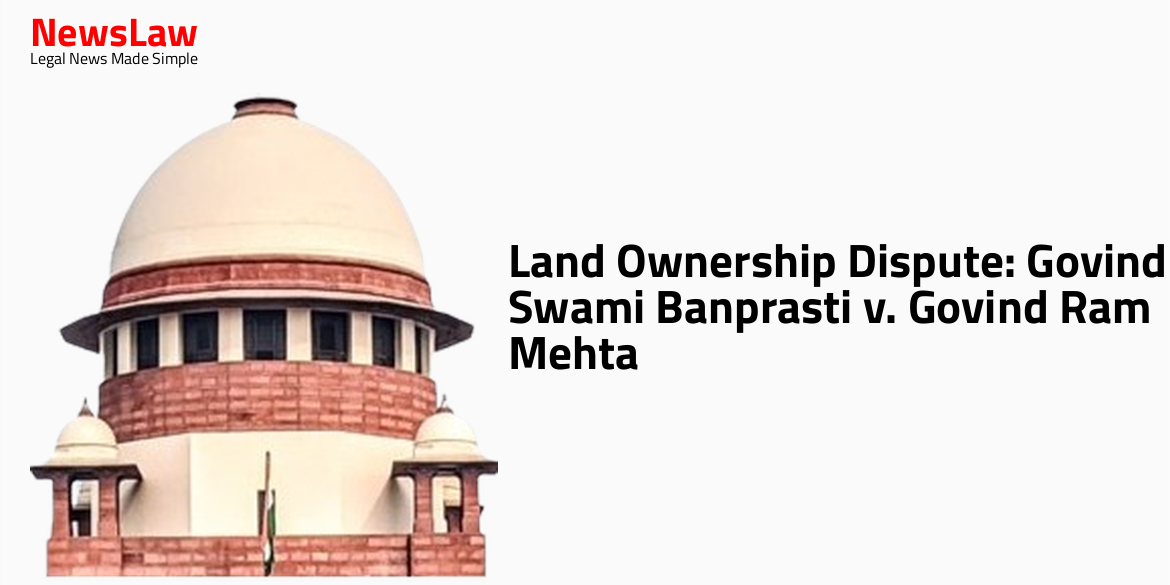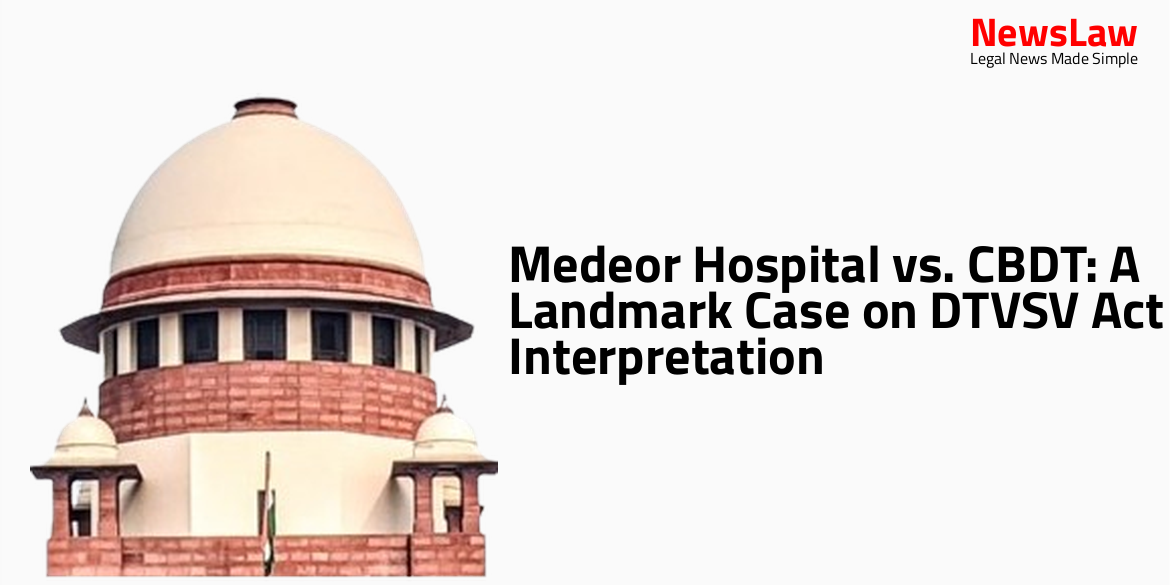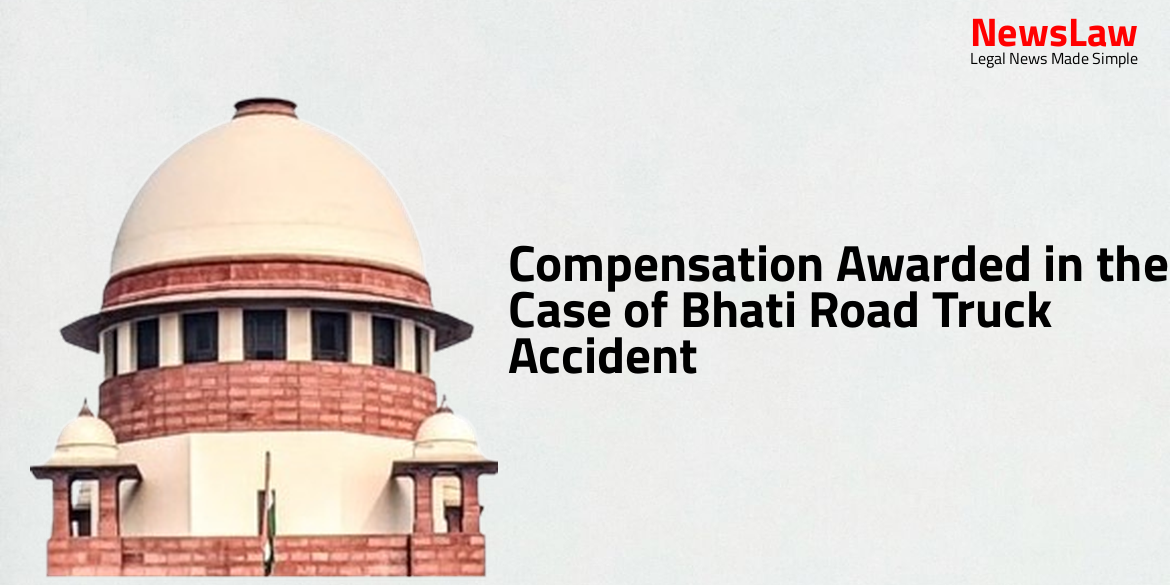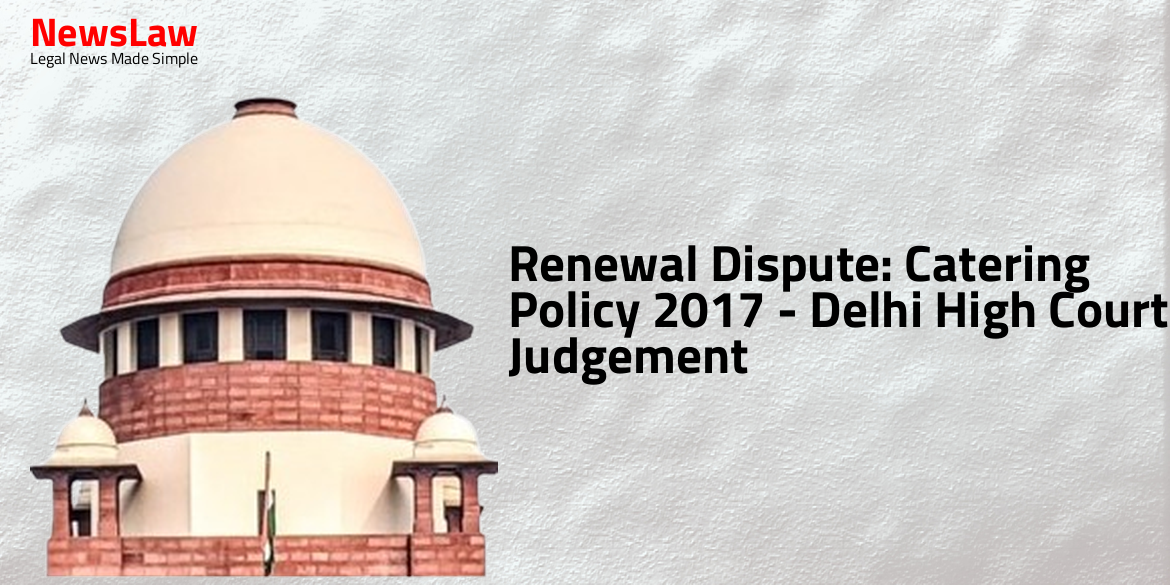In a significant decision by the Delhi High Court, the dispute over land ownership between Govind Swami Banprasti and Govind Ram Mehta has been adjudicated. The case revolves around the purchase of the property by defendant No.1 Trust Society through Govind Swami Banprasti in 1955. Stay informed with the latest legal developments in this case. #LandOwnership #LegalDispute #HighCourtDelhi
Facts
- Defendant No.4 seeks permission to place additional documents on record, claiming the Gift Deeds are forged.
- Defendant No.4 files an application for amendment of the Statement of counter-claim, alleging the Gift Deeds are fabricated documents.
- Defendant No.4 asserts that the suit property was actually owned by Defendant No.1 Trust Society, purchased by ‘Govind Swami Banprasti’.
- Plaintiffs failed to produce the Sale Deed dated 22.06.1955 related to the initial purchase of the suit property.
- The plaintiffs did not disclose the Will dated 06.02.1991 allegedly executed by Smt. Satya Devi and the rent receipts issued by the defendant Trust Society.
- Gobind Swami Mehta purchased the property for charitable purposes after becoming a Sanyasi.
Arguments
- The Counter Claimant has mistakenly referred to Shri Gobind Ram Mehta as Govind Swami Banprasti in Clause F and Paragraph 7(II) of the Counter Claim.
- This misidentification could potentially lead to confusion or errors in the legal proceedings.
- It is essential for accuracy and clarity that correct names and identities are used in all legal documents and claims.
Analysis
- The defendant’s proposed amendments to the Counter Claim are disallowed.
- The suit property was originally purchased in 1955 by defendant No.1 Trust through Govind Swami Banprasti.
- The Counter Claimant had stated that the property was purchased by Govind Ram Mehta/Govind Swami Banprasti in 1955.
- The Trust was created after the purchase of the suit land in 1955.
- The amendments sought by the defendant contradict the original pleadings and documents relied upon by the Counter Claimant.
- The intention of the purchaser to use the land for charitable purposes does not make the Charitable Trust the owner according to the Sale Deed.
- Allowing the proposed amendments would amount to retracting admissions made by the Counter Claimant.
- The Apex Court in Modi Spinning and Weaving Mills Co.Ltd v. M/s.Ladha Ram and Company held that a defendant cannot completely change their case.
- Amendment disallowed as it is unnecessary and the name confusion is clarified in the plaint.
- Amendment allowed as it is explanatory to the contents of Clause H.
- Counter-Claimant allowed to insert a sub-clause regarding rent collection by defendant No.1 Trust Society.
- Counter-Claimant permitted to add paragraph 10 to claim that the plaintiff’s suit is barred by limitation.
Decision
- Amendments in clause H and insertion of paragraph 10 in Counter Claim are allowed
- Other proposed amendments by counter claimant are dismissed
Case Title: MOONLITE EDUCATION SOCIETY (REGD.) & ANR. Vs. GUJRANWALA GURUKUL TRUST SOCIETY (REGD) & ORS. (2024:DHC:3828)
Case Number: CS(OS)-108/2019



